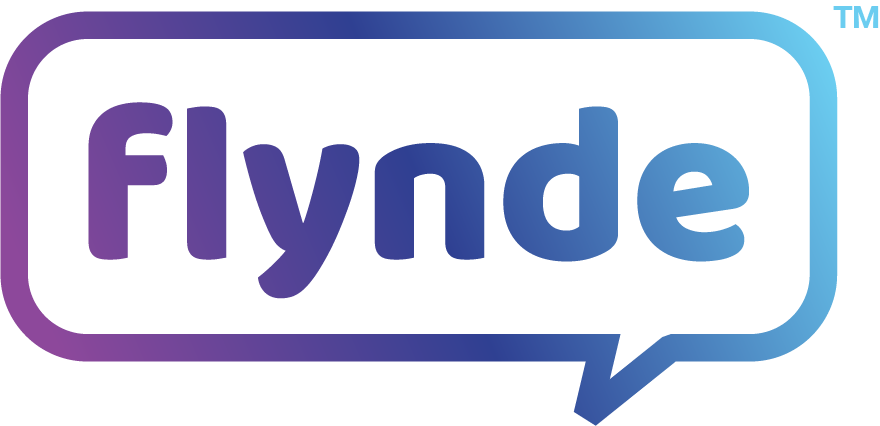Navigating the Megatrends of 2024
As we enter 2024, the business landscape is being shaped by a series of megatrends redefining how companies operate and compete. Constantin Măgdălina's recent research highlights some key areas poised to drive significant changes in the business environment, including the evolution of artificial intelligence (AI), economic resilience, sustainability, cybersecurity, remote work, and the increasing need for employee training. Amidst these shifts, cybersecurity and AI emerge as the most common thread across all businesses aiming to thrive in this evolving landscape.
1. Cybersecurity Vigilance Amidst AI Advancements
While AI-powered virtual assistants could offer personalized experiences and streamline tasks, such interaction with evolving technology also introduces new cybersecurity risks yet to be uncovered as threats become equally more sophisticated and more complex to detect. Businesses embracing AI-driven solutions must prioritize robust cybersecurity measures to safeguard their digital assets and data from potential breaches and attacks.
2. Cybersecurity Risks arising from Remote Work
The paradigm shift towards remote work, accelerated by the global pandemic, has made cybersecurity even more critical. With employees accessing corporate networks and data from various locations and devices, businesses must ensure robust cybersecurity protocols to protect against unauthorized access and data breaches. AI-driven cybersecurity solutions can be crucial in monitoring and securing remote work environments, detecting anomalies, and responding to threats in real time.
3. Digital Identity Protection
In tandem with the rise of AI, a new digital identity is emerging, shaped by our interactions with AI-powered virtual assistants. Fueled by AI algorithms, this digital alter ego has implications for cybersecurity, as protecting these digital identities from unauthorized access and misuse becomes increasingly essential. Businesses need to develop strategies that leverage AI for personalized user experiences and ensure the security and privacy of users' digital identities.
What can companies do?
1. Cybersecurity as a Strategic Imperative
Start by including actionable items in your business's strategic planning goals. Define a set of processes and goals to achieve. For example, if your business requires navigating vast amounts of data in real-time, consider implementing blockchain technology to tamper-proof and decentralize your platform for transactions and data storage. In 2024, cybersecurity is no longer just a technical concern but a strategic business imperative.
2. Training and Upskilling
Localized employee training and development programs will help businesses deal with emerging threats. Investing in training and upskilling programs ensures employees possess the necessary expertise to navigate the complex cybersecurity landscape. AI-powered training platforms can provide personalized learning experiences, helping employees develop the skills to address evolving cybersecurity challenges effectively.
Flynde has taken proactive steps to safeguard its digital infrastructure and sensitive data in its recent extensive rollout of global risk procedures to enhance our digital defences. The new measures encompass a comprehensive approach to cybersecurity, covering aspects such as data encryption, access controls, employee training, and threat monitoring. By prioritizing cybersecurity, businesses can similarly fortify their resilience against cyber threats and ensure their clients' and partners' continued security and trust.
Below are some policies and procedures your business could emulate to reduce risks:
About the Author
Colin Drysdale is the Chief Strategy Officer with Flynde, a global company providing translation solutions to businesses of all sizes.
Discover the best-in-class translation solutions for your business. Trusted & certified for all languages with locations in Singapore, Switzerland & the USA. Flynde takes human translation strategies and uses advanced technologies to deliver them to our customers across our three business lines: Flynde for startups, Flynde for small businesses, and Flynde for corporations.
For more information, contact us at hello@flynde.com



